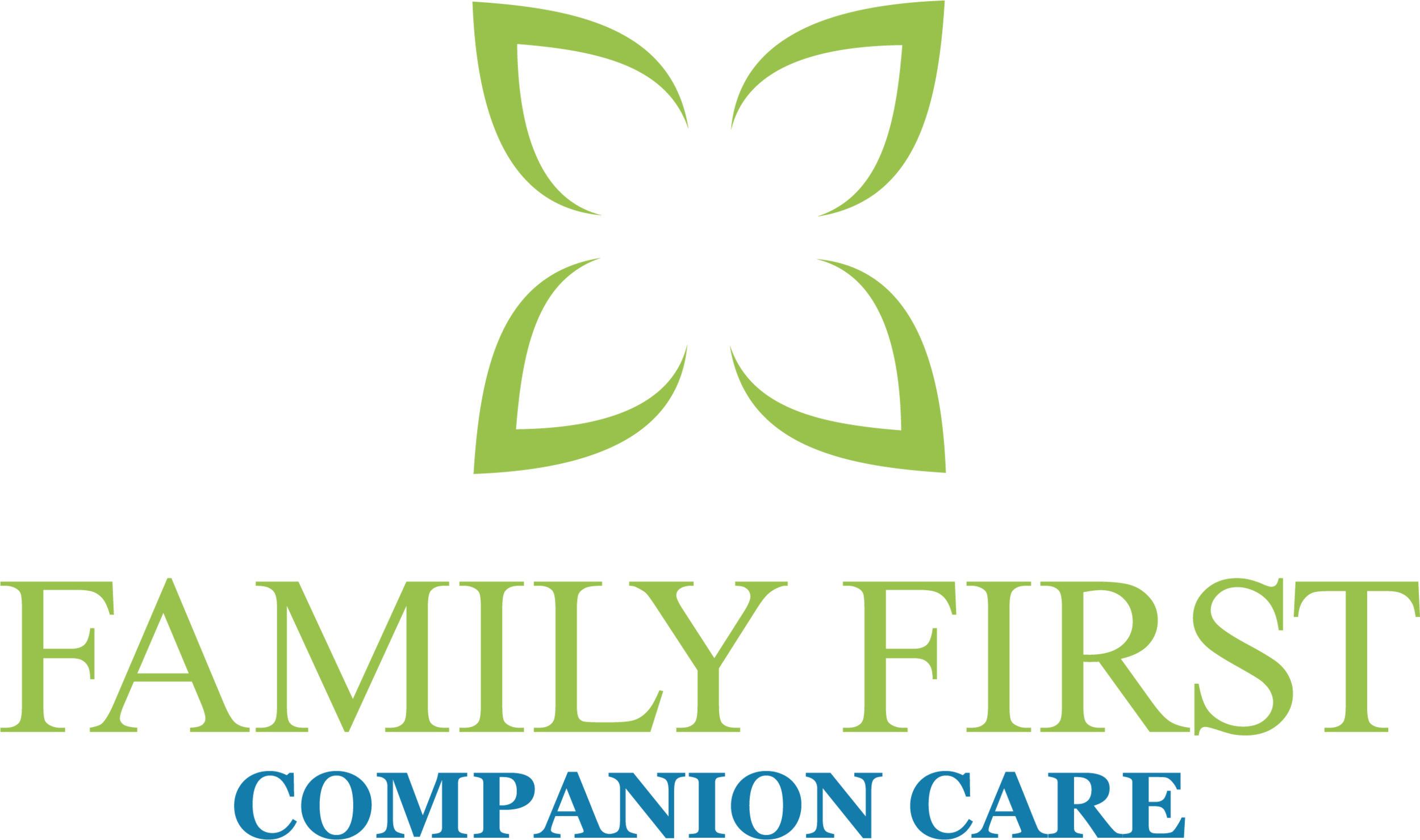Medicaid’s national policy and program changes are prompting adjustments in agencies like Family First. One of the new and upcoming changes is that we will no longer be able to bill for transportation to doctor’s appointments. This means Medicaid recipients who need transportation to doctor’s appointments will have to use our state-operated transportation system.
Read MoreThe first preparation one should make when faced with aging alone is planning for future care. A great way to start this process is to research your options. There may be things you want to downsize from your private home. If you are considering utilizing assisted living or independent living, check to see what your home care options are and see what amenities are available to you.
Read MoreStatistics will show that aging at home can be even safer than aging in a care facility. In the past, options such as long-term care facilities and assisted living sounded much safer, but as we have seen with situations such as COVID-19, there are numerous benefits in aging at home. Your home is cost-effective and is a familiar space, which is helpful when experiencing dementia-related cognitive issues.
Read MoreWe recommend that families plan ahead for in-home care to allow plenty of time for an initial home visit to check for deficiencies that may cause injuries or issues in the future. Having a caregiver in the home two to three days a week to provide minimal assistance and make assessments of the environment is a great step for preventing unexpected injuries.
Read MoreWhen you’re looking for a long-term care plan for seniors, there are several areas that you need to think about and plan ahead for. One of the most important areas to focus on is finance. Care is expensive no matter where you go, from facility care to assisted living, long-term care, senior apartments, or in-home care.
One of the most important considerations when creating an intake strategy for families is to effectively convey what we can do and how we can meet their expectations. We want our families to understand what we can do, what they can expect us to do, and the time it will take to achieve these goals. Patience is key, especially when we are introducing a new element into an established environment.
Read MoreIn the world of home care, durable medical equipment plays a huge role. There are two main types of medical equipment: durable and disposable. A wheelchair is a great example of durable, reusable equipment, whereas protective undergarments are disposable.
Read MoreIf you are ever going through a situational change, taking a vacation, or temporarily moving, it can be difficult to find short-term care for your loved one. We are here to look after and provide care for your loved one for as long as you need. As soon as your situation changes and you no longer need our assistance, our services will be complete.
Read MoreThe best kind of care happens when there is genuine trust and love shared between client and
caregiver. Once a client has bonded with a caregiver and trusts them with the most intimate
activities of daily living, it’s no longer just caregiving, it’s a companionship.
With so many options available for funding sources, we know it can be overwhelming to discover the best source for your specific needs. We have created a list of the current funding sources available in Indiana with detailed explanations on what each option entails and how you can determine your eligibility for each service.
Read MoreHome care is still here, providing vital services to our families, ensuring their health and safety, and helping them remain independent in their own homes. Not only are we providing care, but we are also here to help train displaced workers who are coming home to take care of their loved ones with the various aspects of care, PPE, and infectious control.
Read MoreCommunication and education is the best way we can continue to prevent the spread of sickness and ensure the health and safety of our clients, families, and caregivers. Regarding infectious control, we have pre-COVID and post-COVID. These policies and procedures have changed dramatically within the last few weeks.
Read MoreWhen it comes to recruitment, we have to be cognizant that this is not just a job. The services our direct care staff provide are things that no one else will do. They love people that can sometimes seem unlovable. Every single day they come to work, they are doing amazing things. This is something that a lot of people can’t say about their job.
Read MoreEducating ourselves in areas such as PTSD support and VA navigation gives us the ability to provide back end services for our clients and help them find the sources they need to live a more fulfilling and independent lifestyle. One of the things that makes Veteran Care different is that it is not always elderly.
Read MoreHow do you know when it’s time for memory care? There are always indicators when people need to start thinking about directing loved ones to a care model. The difference between dementia care and other processes is that it often starts to manifest itself with mental deficiencies.
Read MoreOnce you’ve gained an understanding of the different types of care, it is time to start a conversation. One of the main points we stress is the importance of talking about care before the client reaches a critical state. If you notice that your loved one is struggling with daily tasks, you need to approach them about speaking with a medical professional.
Read MoreOnce you have decided the type of care you need, it’s time to narrow down which agency is the best fit for you. Here are the top six questions to ask when choosing a personal service agency.
Read MoreFamily First Companion Care knows that top quality care comes from building strong relationships in family-oriented environments.
Read MoreFamily First was founded in 2008 by local physicians, Holly and Mark Vickers, who couldn’t find a care model that fit the needs of their mother. Rashelle Hammack joined our start-up as Executive Director. Since the beginning, our goal has been to provide the best care possible.
Read More


















